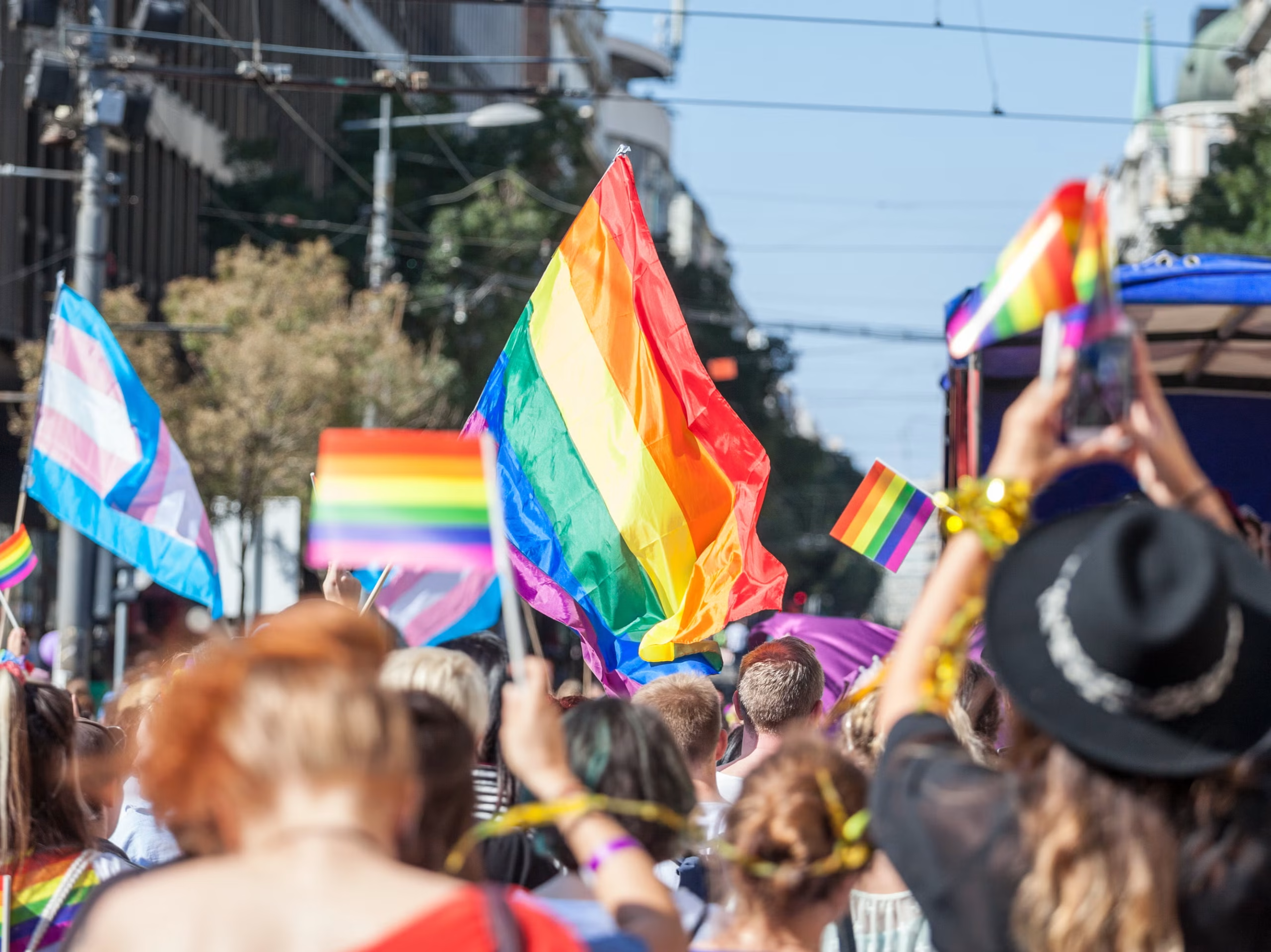Pride Month is a time for celebration, recognition, and advocacy for the LGBTQ+ community. However, it can also be a period of heightened stress and mental health challenges for LGBTQ+ individuals due to various factors including societal pressures, discrimination, and the emotional toll of activism. To address these challenges, mental health experts emphasize the importance of continuous support and understanding from friends, family, and mental health providers.
According to NBC Chicago, mental health providers stress the need for a supportive and inclusive approach when dealing with LGBTQ+ individuals. They advise that providers must be aware of the unique challenges faced by the community, including the impact of minority stress, which can significantly affect mental health. Dr. Angela Boyle, a clinical psychologist, highlighted that “mental health providers need to be culturally competent and create a safe space where LGBTQ+ individuals feel understood and respected.”
One of the key strategies for supporting LGBTQ+ mental health is active listening and validation. Mental Health First Aid’s resource guide emphasizes the importance of being present and genuinely listening to LGBTQ+ individuals when they share their experiences. This kind of support means having conversations that affirm their identity and experiences, which can help reduce feelings of isolation and rejection. It’s crucial to recognize and acknowledge the unique stressors that LGBTQ+ individuals face, such as discrimination, family rejection, and internalized homophobia.
NBC Chicago also notes the importance of creating safe and affirming environments. This can be achieved through simple yet powerful actions such as using correct pronouns, advocating for LGBTQ+ rights, and challenging discriminatory behaviors. These actions show LGBTQ+ individuals that they are supported and valued, which can significantly improve their mental well-being.
Mental Health First Aid suggests several ways to provide continuous support beyond Pride Month. This includes educating oneself about LGBTQ+ issues, standing up against bullying and discrimination, and advocating for inclusive policies in workplaces and communities. The resource guide also highlights the importance of self-care for LGBTQ+ individuals and their allies. Taking care of one’s own mental health ensures that individuals are better equipped to support others.
Additionally, community support plays a vital role in the mental health of LGBTQ+ individuals. Participating in or supporting LGBTQ+ organizations and events can provide a sense of community and belonging. These organizations often offer resources, counseling, and support groups that are specifically tailored to the needs of the LGBTQ+ community.
Mental health experts also emphasize the significance of professional help when needed. Therapy and counseling can provide a safe space for LGBTQ+ individuals to explore their feelings and experiences. Finding a therapist who is knowledgeable and affirming of LGBTQ+ identities is crucial for effective support. According to Mental Health First Aid, “It’s important to seek therapists who have experience with LGBTQ+ issues and who can provide a supportive and understanding environment.”
Also Read:
- 2024 Chicago Pride Fest and Parade: What You Need to Know
- Rockford’s Top Wing Spots: The Best Three According to Locals
In conclusion, supporting the mental health of LGBTQ+ individuals requires a multifaceted approach that includes active listening, validation, creating safe environments, continuous education, and professional support. As Pride Month draws to a close, it’s essential to remember that support for the LGBTQ+ community should be a year-round commitment. By fostering understanding and advocacy, we can help ensure that LGBTQ+ individuals receive the support they need to thrive.




